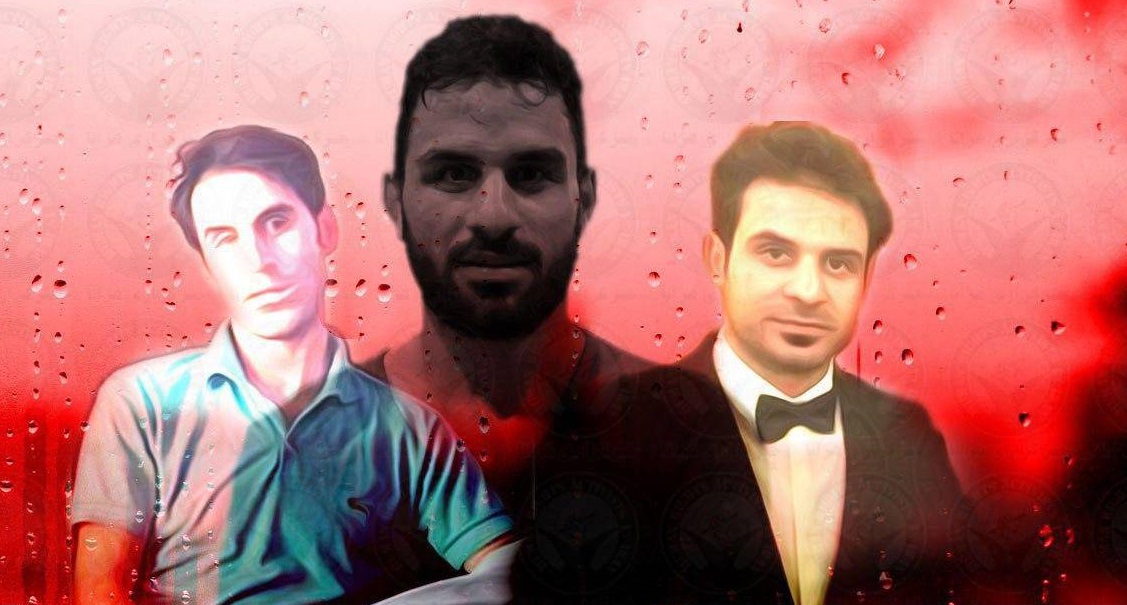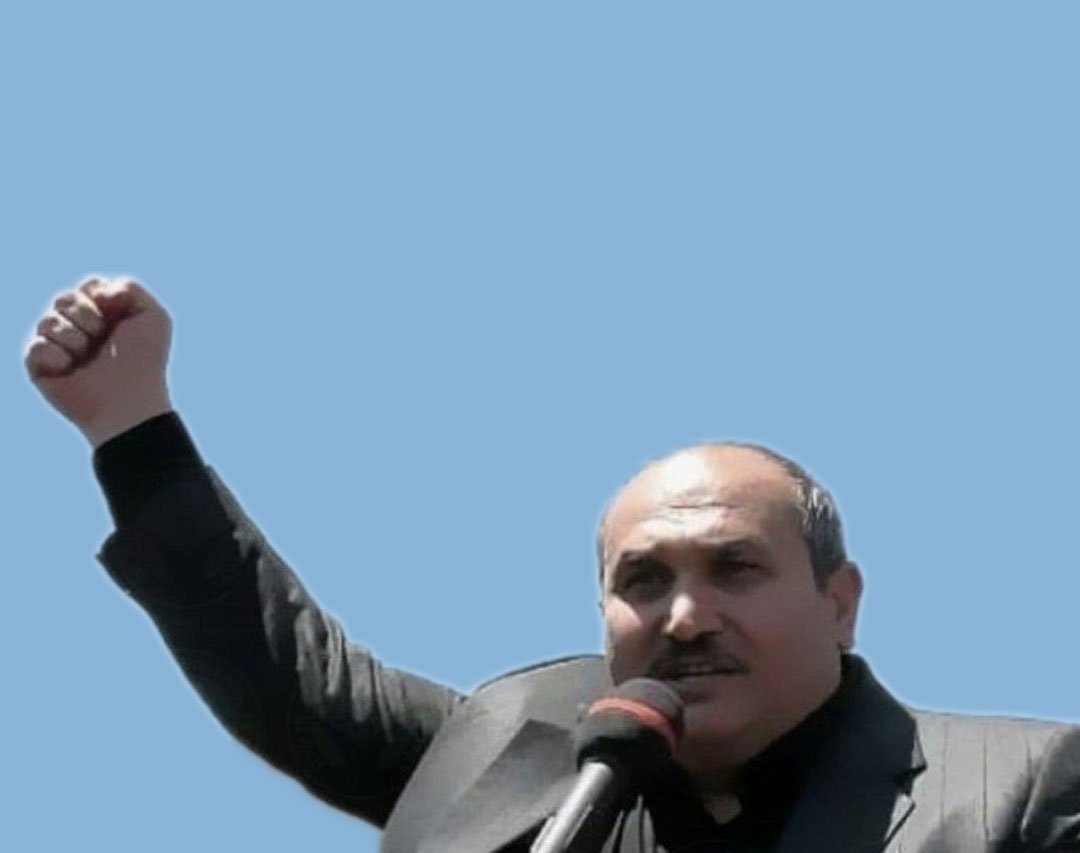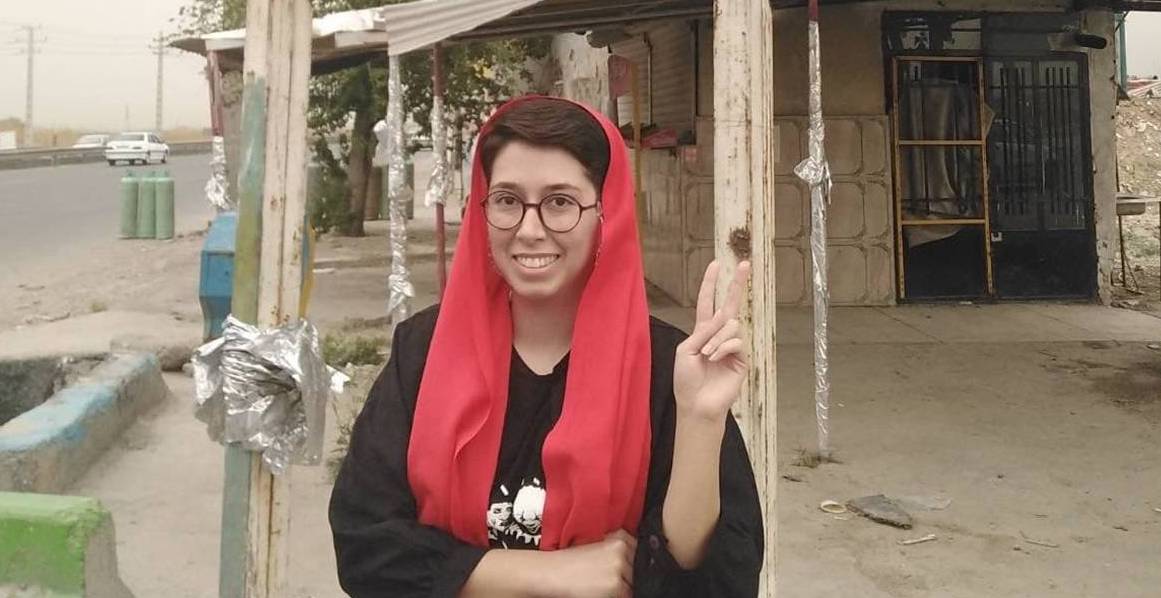Political prisoners Vahid and Habib Afkari have been denied medical care during their 9 month detention in Adelabad Prison in Shiraz. During this time, they have been repeatedly beaten and tortured by prison officials attempting to force confessions related to their role in the 2018 nationwide protests.
According to HRANA, the news agency of Human Rights Activists, the brothers are being held in the Ebrat ward, also known as the “closed ward” of the prison.
The inmates and their family repeatedly requested to be transferred to a political prison, but despite the prosecutor’s promise, authorities have thwarted all efforts to make the move happen. Saeed Afkari has commented on the condition of his imprisoned brothers.
“According to medical jurisprudence, my brother Habib suffered a broken toe, a non-welded wrist fracture, and a torn shoulder during his detention,” Saeed said. “My other brother Vahid suffered neck and arm injuries as a result of a suicide attempt in protest of physical and mental torture. They have been in solitary confinement for 279 days and have not been allowed treatment.”
In mid-September 2020, the two political prisoners were transferred to the Ebrat ward (closed ward), a detention center for prisoners deprived of phone contact. After nearly nine months, they are still being held in this ward of Adelabad prison in Shiraz.
Based on prison regulations and laws, definitive convicts should only be held in public wards under the supervision of the Prisoners’ Organization. According to the same by-laws, keeping the accused in detention should be permitted only with a written order from the judicial authorities. Thus, keeping Habib and Vahid Afkari outside the public ward of the prison without a written order is against the law.
Navid Afkari, Vahid Afkari, and Habib Afkari were arrested in connection with the nationwide protests in 2018.
Navid Afkari, an Iranian wrestler, was executed at Adelabad Prison in Shiraz in September 2020 despite serious ambiguities in the case and a worldwide wave of support for him. Vahid Afkari was sentenced to 54 years and 6 months in prison and 74 lashes, Habib Afkari to 27 years and 3 months in prison and 74 lashes.












